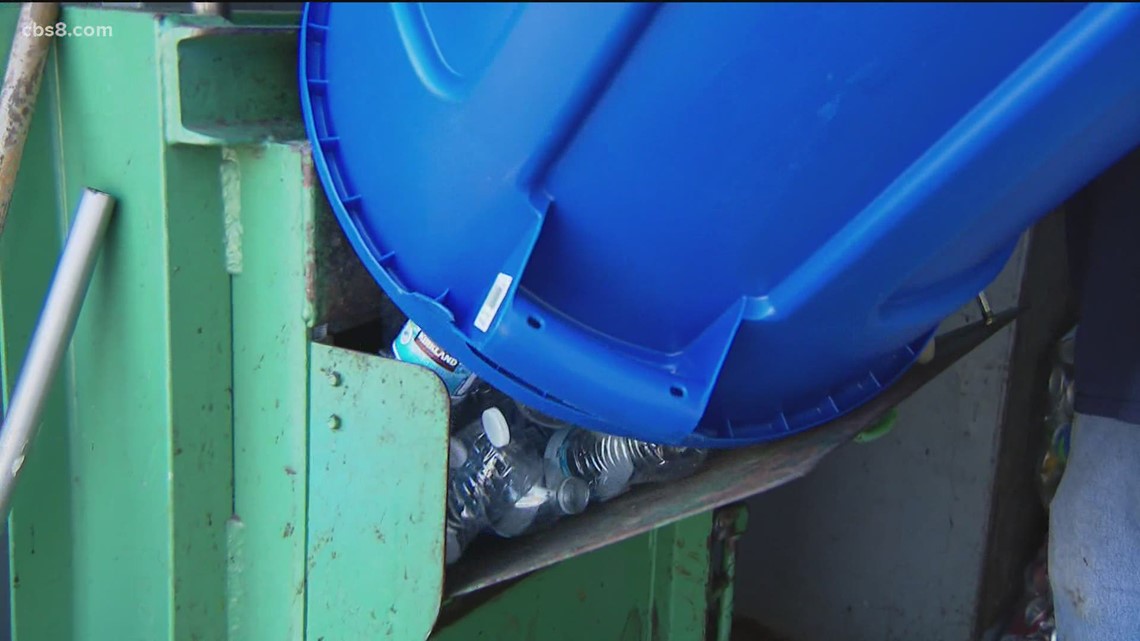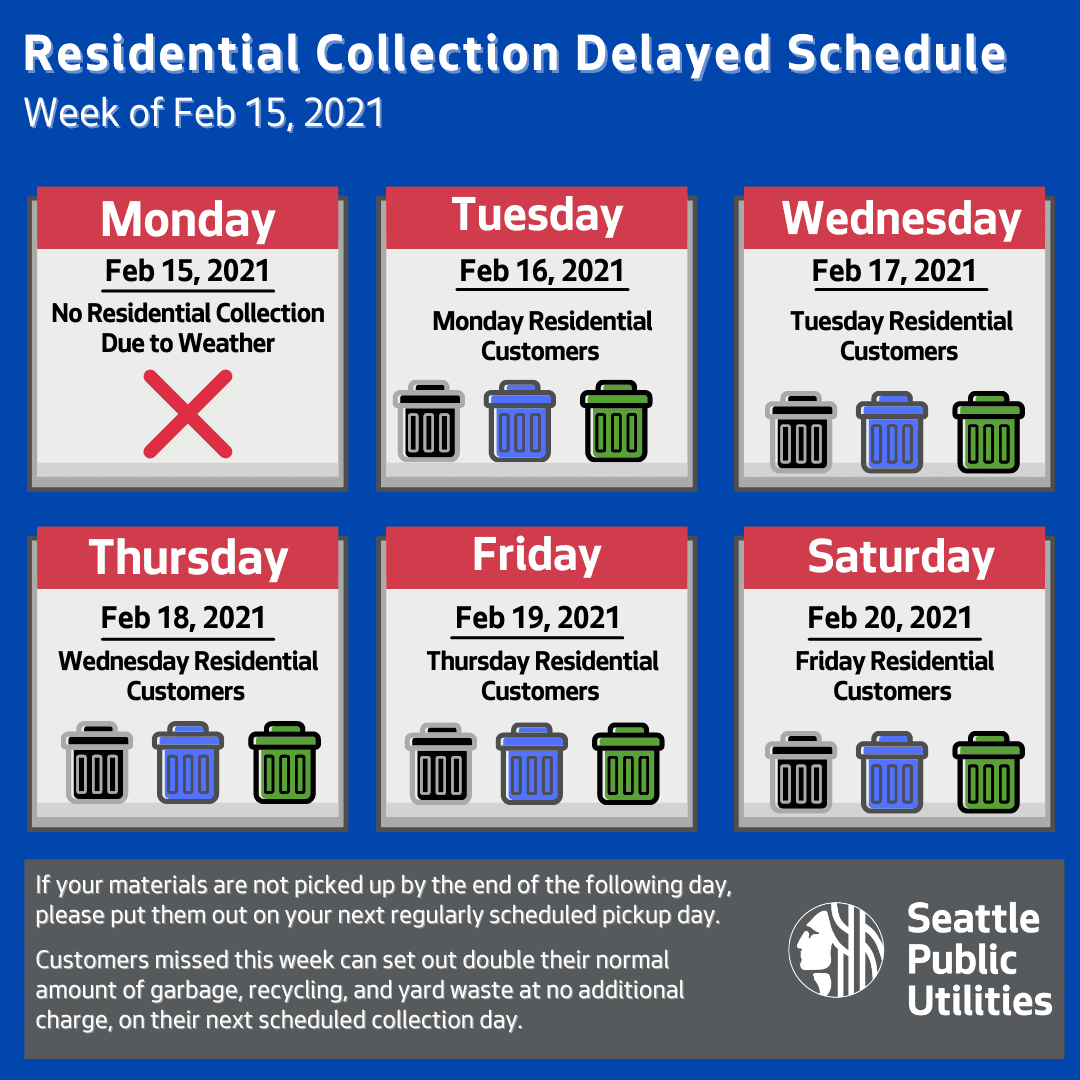San Diego Trash Schedule: Navigating the city’s waste management system can feel like a scavenger hunt, but it doesn’t have to be! This guide breaks down everything you need to know about garbage, recycling, and green waste pickup in San Diego. We’ll cover everything from finding your specific collection day to handling those extra-large items and navigating special circumstances.
Get ready to become a San Diego waste management pro!
Understanding San Diego’s trash collection system is key to being a responsible resident. The city is divided into zones, each with its own pickup schedule. We’ll walk you through how to easily find your zone and schedule, whether you prefer using the city’s website, app, or good old-fashioned phone call. We’ll also cover special situations, like bulky items, hazardous waste, and holiday disruptions.
Plus, we’ll delve into the city’s recycling and composting programs, helping you make the most of San Diego’s waste reduction initiatives.
Understanding San Diego’s Trash Collection System
San Diego’s waste management system is designed to efficiently handle various waste types, promoting recycling and responsible disposal. Understanding the system ensures smooth waste collection and contributes to a cleaner environment. This section details the different waste streams, collection frequencies, and zones.
Types of Waste Collected
San Diego’s system typically collects three main types of waste: garbage, recycling, and green waste. Garbage includes general household trash; recycling encompasses materials like paper, plastic, glass, and metal; and green waste consists of yard trimmings and food scraps.
Residential Trash Pickup Frequency
Most residential areas in San Diego have a weekly trash pickup schedule. The specific day varies depending on the collection zone. Some areas may have bi-weekly green waste or recycling pickup.
San Diego Collection Zones
San Diego is divided into various collection zones, each with its designated pickup schedule. These zones are geographically defined to optimize collection routes and efficiency. Knowing your zone is crucial for understanding your specific trash pickup day.
Collection Zone Information
| Zone | Pickup Day | Special Instructions | Contact Information |
|---|---|---|---|
| Zone A | Monday | Place bins at curb by 7:00 AM | (619) 555-1212 |
| Zone B | Wednesday | Separate recyclables from garbage | (619) 555-1213 |
| Zone C | Friday | Green waste must be in designated bins | (619) 555-1214 |
| Zone D | Tuesday | Bulk waste pickup available, call for scheduling | (619) 555-1215 |
Finding Your Specific Trash Schedule
Locating your exact trash pickup schedule is straightforward using San Diego’s online resources or through alternative methods. The following steps provide a clear guide to accessing this information.
Step-by-Step Guide to Finding Your Trash Schedule
- Visit the official San Diego city website.
- Navigate to the “Waste Management” or “Public Works” section.
- Use the online search tool to enter your address.
- The system will display your specific collection zone and pickup schedule for garbage, recycling, and green waste.
- Alternatively, download the city’s mobile app and follow similar steps using the app’s integrated address search.
If you prefer not to use online resources, you can contact the city’s waste management department via phone or visit their office in person to obtain your schedule.
Special Circumstances and Exceptions: San Diego Trash Schedule
San Diego’s waste management system accommodates various special circumstances, including bulky waste, hazardous materials, and missed pickups. Understanding these procedures ensures proper waste disposal and efficient service.
Handling Bulky Waste
Bulky waste items, such as furniture or appliances, require special handling. Residents typically need to schedule a separate pickup appointment through the city’s waste management department. There might be fees associated with bulky waste removal.
Hazardous Waste Disposal, San Diego Trash Schedule
Hazardous waste, including chemicals, batteries, and electronics, requires specific disposal methods. San Diego provides designated drop-off locations and may organize occasional hazardous waste collection events. Check the city website for details on locations and schedules.
Reporting Missed Pickups or Issues
Source: seattle.gov
Discover the crucial elements that make wcoanimesubtv the top choice.
If you experience a missed pickup or encounter other collection issues, contact the city’s waste management department immediately. Provide your address and details of the problem for prompt resolution. They may offer rescheduling or alternative solutions.
Holiday Schedules and Construction Debris
Holiday schedules may alter regular trash collection days. Check the city’s website for any adjustments to the schedule during holidays. Construction debris typically requires separate disposal arrangements and may involve private waste haulers.
San Diego’s Recycling Program
San Diego’s robust recycling program plays a vital role in environmental sustainability. Understanding what materials are accepted and how to properly sort them is crucial for maximizing recycling’s effectiveness.
Accepted Recyclable Materials
The program accepts a wide range of materials, including paper, cardboard, plastic bottles and jugs, glass containers, aluminum cans, and steel cans. Specific guidelines on acceptable plastics are provided on the city’s website.
Proper Sorting and Preparation
Rinse containers, remove lids, and flatten cardboard boxes to optimize space and processing. Keep recyclables separate from garbage to avoid contamination.
Environmental Benefits of Recycling
Recycling conserves natural resources, reduces landfill waste, and minimizes pollution. San Diego’s recycling initiatives contribute to a more sustainable and environmentally friendly community.
Common Recycling Mistakes and How to Avoid Them
- Contamination: Avoid mixing recyclables with garbage. Rinse containers thoroughly.
- Improper Sorting: Separate different materials (paper, plastic, glass, etc.).
- Unacceptable Materials: Don’t include food waste, hazardous materials, or textiles.
- Bagging Recyclables: Place recyclables directly in the bin, not in plastic bags.
Composting in San Diego
Composting organic waste offers significant environmental benefits and enriches soil. San Diego provides several options for residents to participate in composting.
Benefits of Composting

Source: cbs8.com
Composting reduces landfill waste, creates nutrient-rich soil amendment, and reduces greenhouse gas emissions from decomposing organic matter in landfills.
Composting Options
Residents can participate through curbside green waste collection or by setting up home composting systems. The city may offer workshops or resources on home composting techniques.
Suitable Materials for Composting
Suitable materials include yard trimmings (leaves, grass clippings), fruit and vegetable scraps, coffee grounds, and eggshells. Avoid meat, dairy, oily foods, and diseased plants.
Preparing Organic Waste for Composting
Chop larger items into smaller pieces to speed up decomposition. Mix “browns” (carbon-rich materials like dried leaves) with “greens” (nitrogen-rich materials like grass clippings) for optimal composting.
Visual Representation of Trash Collection Zones
Imagine a map of San Diego. Each collection zone is depicted by a distinct color—for instance, Zone A is blue, Zone B is green, Zone C is yellow, and so on. A clear legend in the map’s corner explains the color-coding for each zone. Major landmarks, such as freeways and prominent neighborhoods, are included for easy reference.
The map provides a clear visual understanding of the geographical distribution of collection zones.
Visual Representation of the Recycling Process
The visual begins with a depiction of curbside bins, illustrating the separate collection of garbage, recycling, and green waste. The next step shows the collection trucks transporting the materials to a central processing facility. The facility is depicted with conveyor belts sorting the recyclables. The final stage shows the processed recyclables being transformed into new products, highlighting the circular economy aspect of recycling.
Final Thoughts
So, there you have it – your complete guide to conquering the San Diego trash schedule! From understanding the basics of waste collection to mastering the art of recycling and composting, we hope this guide has empowered you to be a more environmentally conscious San Diegan. Remember, a little knowledge goes a long way in keeping our city clean and green.
Now go forth and conquer that curbside!


